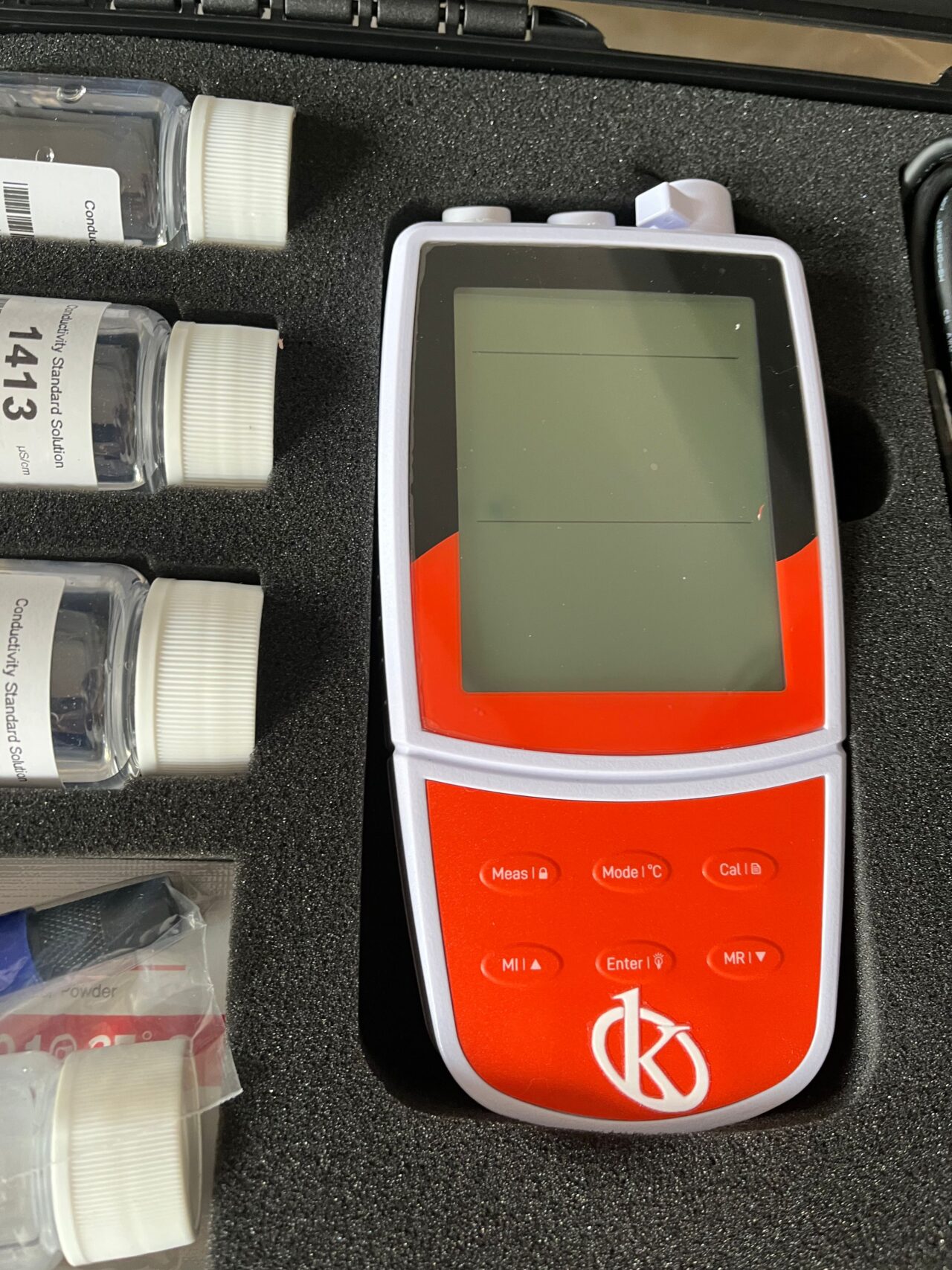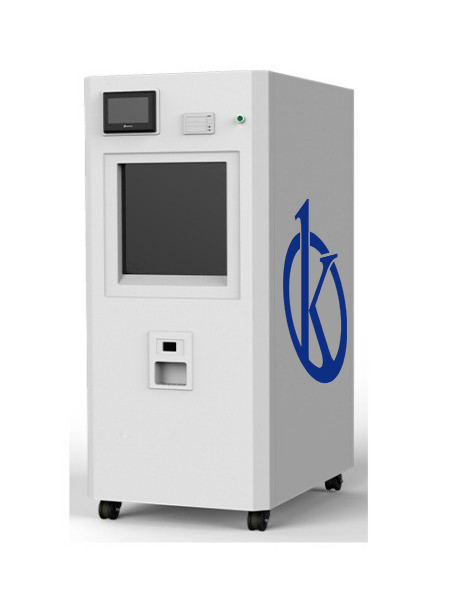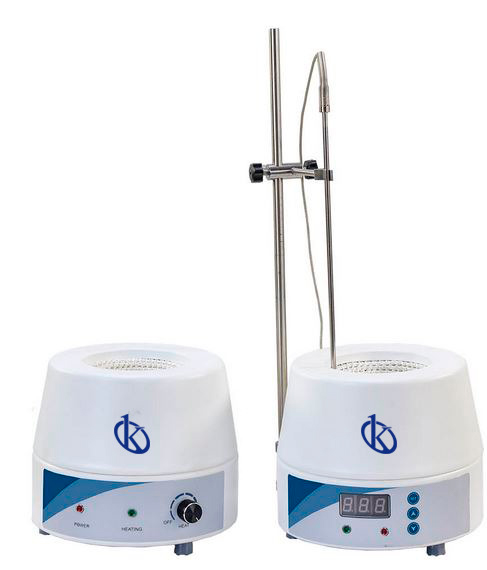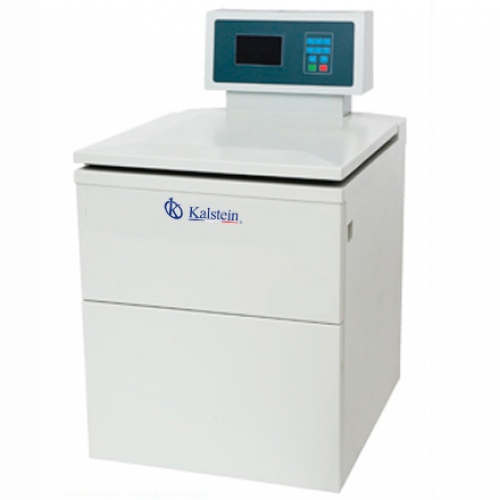A pH meter is specialized equipment used to measure the acidity or alkalinity of a solution. PH is defined as the unit of measurement that describes the degree of acidity or alkalinity of a substance and is measured on a scale ranging from 0 to 14.
An approximate indication of the pH can be obtained using indicators or pH tapes, which change color as a function of the variation of the pH level. But these indicators have limitations in terms of accuracy and can be difficult to interpret correctly in dark or colored samples, so the use of pH meters is recommended. Among the types of pH meters, we find:
Portable and pocket pH meter
The portable or pocket pH meter is a type of pH meter consisting of an electronic amplifier and a pair of electrodes, or also a combination electrode, and some type of screen calibrated in pH units. It usually has a glass electrode and a reference electrode, or a combination electrode. This device has the advantage that it allows us to mobilize and thus be able to measure different types of substances in the field (field measurements).
The electrodes used by this equipment are rod structures, usually made of glass, with a bulb that contains the sensor at the bottom. The glass electrode used to measure pH has a glass bulb specifically designed to be selective for the concentration of hydrogen ions.
Upon immersion in the test solution, the hydrogen ions in the test solution are exchanged for other positively charged ions in the glass bulb, creating an electrochemical potential across the bulb. The electronic amplifier captures the electrical potential difference between the two electrodes generated in the measurement and converts the potential difference into pH units.
They are ideal for agriculture, environmental monitoring, field technicians, university field studies, oceanographers, wastewater treatment plants, aquaculture, swimming pools and spas, cooling towers and water treatment
Benchtop pH Meter
Benchtop pH meters are precision instruments that allow us to measure pH with higher resolution. The pH meter or potentiometer is a sensor used in the electrochemical method to measure the pH of a solution.
Determining pH consists of measuring the potential that develops through a thin glass membrane that separates two solutions with different concentrations of protons. Consequently, the sensitivity and selectivity of glass membranes during pH is well known.
They are very useful in places such as research and development laboratories, environmental laboratories, quality control laboratories, degrees, university laboratories, clinical laboratories, in the food and beverage industry, the pharmaceutical industry, among others. Among its advantages we can mention:
- It is generally higher accuracy and precision, better response time
- They have a wide range of electrodes.
- They have an articulated support that makes it easy to keep the electrode fixed on the sample.
- It may have software, data logging, or other features to make laboratory work lighter. They automatically recognize calibration solutions up to five points and some models up to six.
At Kalstein we are MANUFACTURERS of laboratory equipment and we offer you excellent and innovative pH meters manufactured with the highest quality and at the best PRICES on the market. So we invite you to take a look HERE




